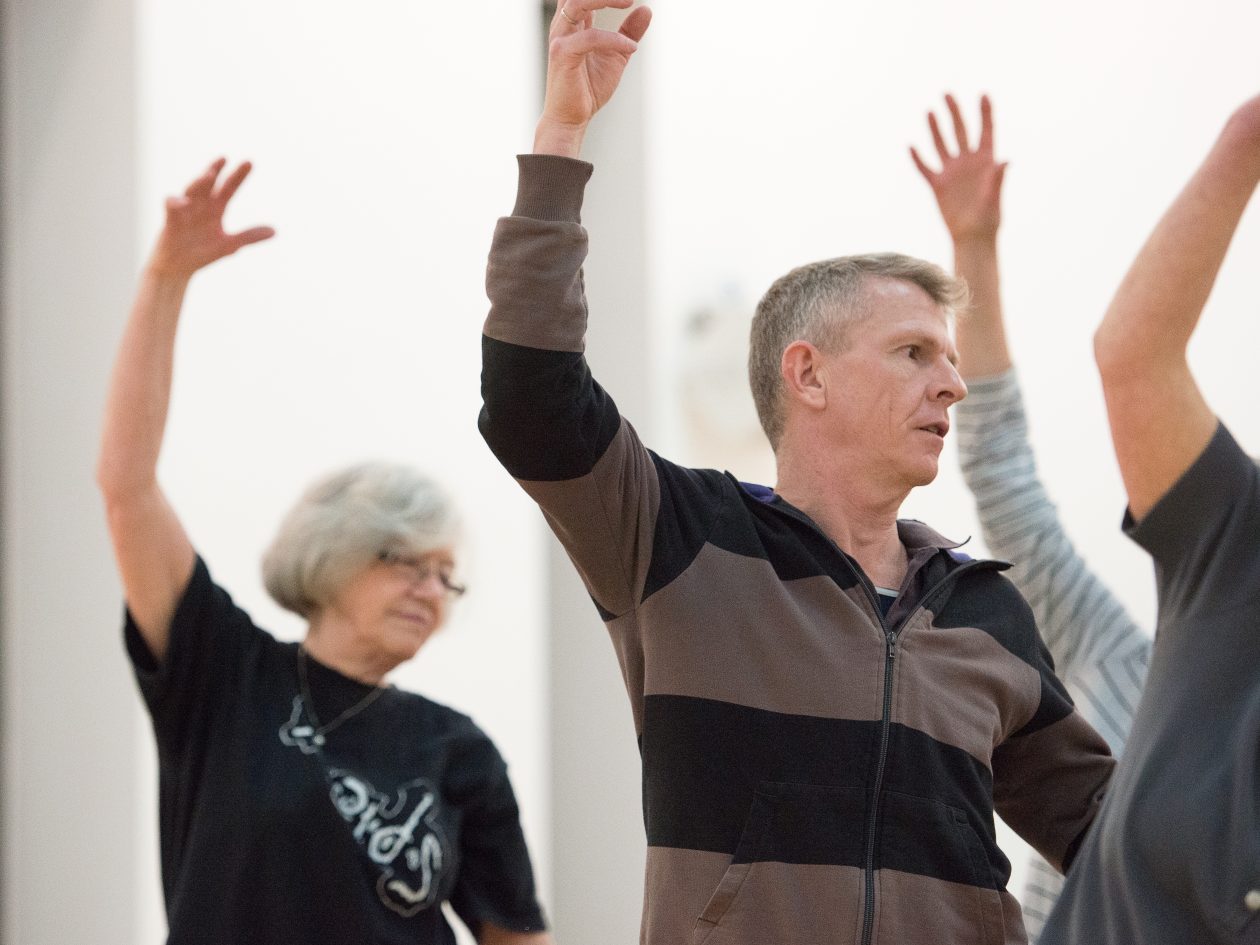A new study into levels of stress among workers in the British civil service has found that those at the top of the career ladder benefit the most from retirement in terms of respite from stress.
The study led by Meena Kumari, Professor of Biological and Social Epidemiology at the Institute for Social and Economic Research at the University of Essex with Professor Tarani Chandola at the University of Manchester, Patrick Rouxel clinical lecturer at UCL Eastman Dental Institute and Professor Michael Marmot at UCL, found that found that cortisol levels in people lower down the corporate ladder didn’t dip as far as people higher up— in fact, they were more stressed.
Recent studies suggest that employees in low grade and poor quality work improve in mental health and well-being upon retirement, although there is no evidence on whether this is accompanied by an improvement in biological measures associated with stress around the period of retirement.
The researchers set out to question whether the occupational gradient in salivary cortisol, a marker of the primary stress response axis, change around retirement? Is retirement associated with a reduction in adverse diurnal cortisol profiles for those at the bottom of the occupational hierarchy compared to those at the top?
The study analysed data from the 7th (2002-2004), 8th (2006) and 9th (2007-09) phases of the Whitehall II study. 1,143 respondents who were employed at phase 8 (mean age 59.9 years) and who had salivary cortisol measured from six samples collected across the day at phases 7 and 9 were included in the analysis. Data were analysed using multilevel growth curve models.
Compared to employees in highest occupational grades at phase7, employees in the lowest grades displayed adverse diurnal cortisol slopes (flatter decline across the day). A similar pattern was observed for those who remained in employment at phase 9, and those who had recently retired. The occupational gradient changes around retirement, with those formerly working in highest employment grades having the steeper diurnal slopes compared to their peers who remained in employment.
Occupational grade differences in cortisol, a biomarker associated with stress, increase around the period of retirement. Employees working in the highest employment grades appear to benefit the most from retirement in terms of steeper diurnal cortisol slopes, while there is no apparent benefit of retirement among those working in the lowest grades. These biological differences associated with transitions into retirement for different occupational groups may partly explain the pattern of widening social inequalities in health in early old age.
Read media coverage of this study Your Boss Is Not More Stressed Out Than You, Science Says
Retirement and Socioeconomic Differences in Diurnal Cortisol: Longitudinal Evidence From a Cohort of British Civil Servants
(Tarani Chandola, Patrick Rouxel, Michael G. Marmot, Meena Kumari) is published in The Journals of Gerontology
